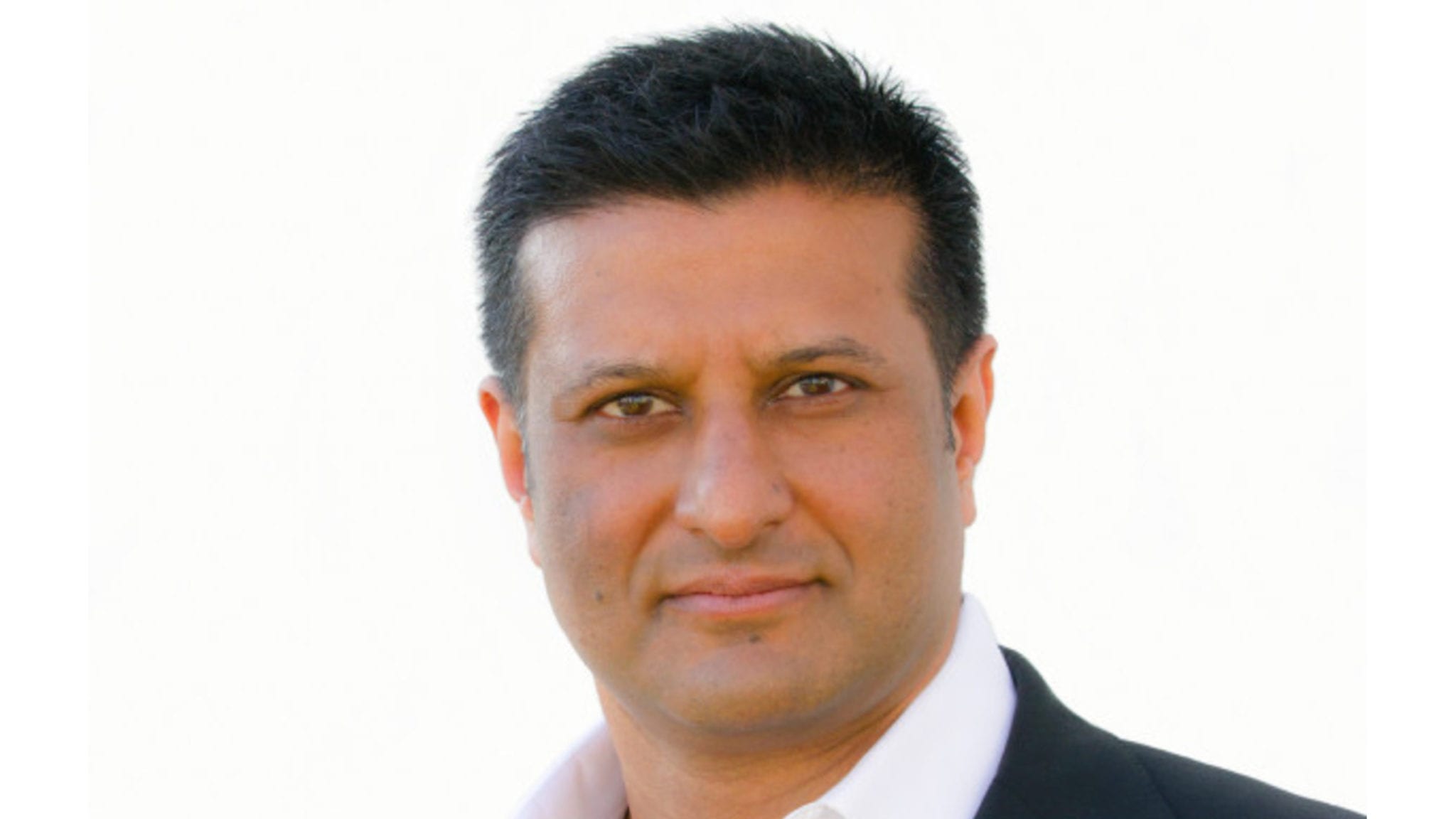
Arena's lead drug misses on PhII in AD, thwacking stock, but company soldiers on into Phase III
Amit Munshi’s tenure at Arena Pharmaceuticals has almost exclusively been one of success: Taking the reins of a company in the Nasdaq gutter, he’s steered it through multiple positive readouts and even bagged an $800 million upfront deal on a non-lead drug.
On Monday, though, the company announced a failure: Its lead drug, the S1P inhibitor etrasimod, missed the primary endpoint on a Phase II trial for atopic dermatitis, failing to reduce symptoms on a standard clinical scale better than placebo. Yet they will continue on with a Phase III, betting that aberrations at one trial site thwarted that endpoint and that they can repeat success on a metric the FDA uses to evaluate approval.
Unlock this article instantly by becoming a free subscriber.
You’ll get access to free articles each month, plus you can customize what newsletters get delivered to your inbox each week, including breaking news.